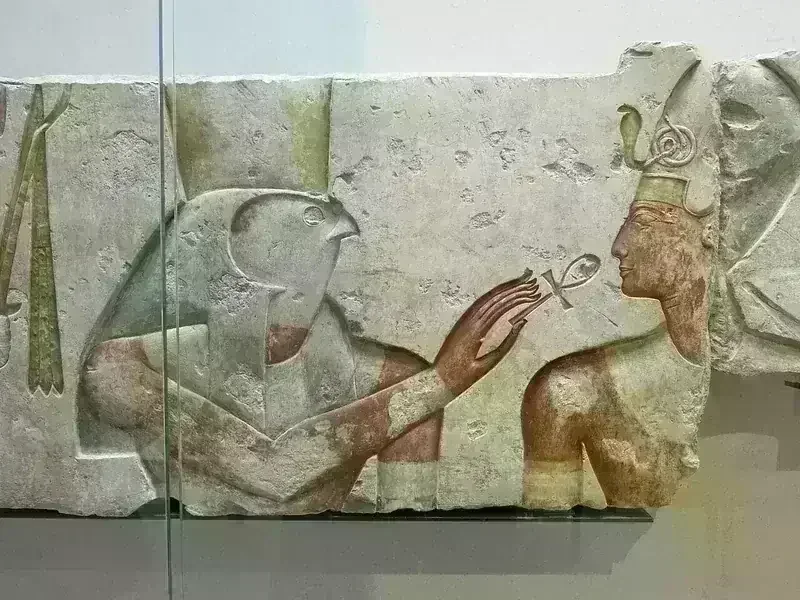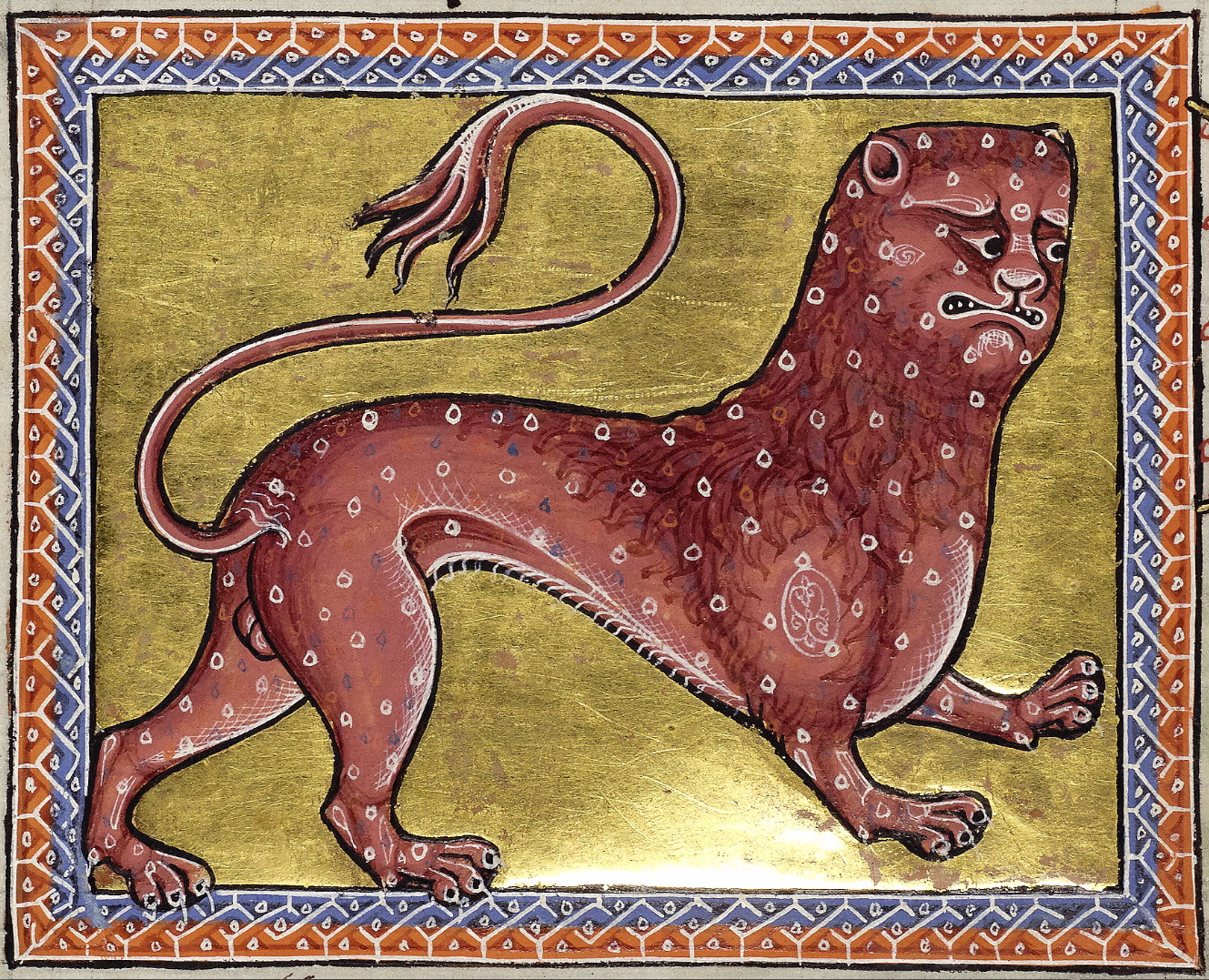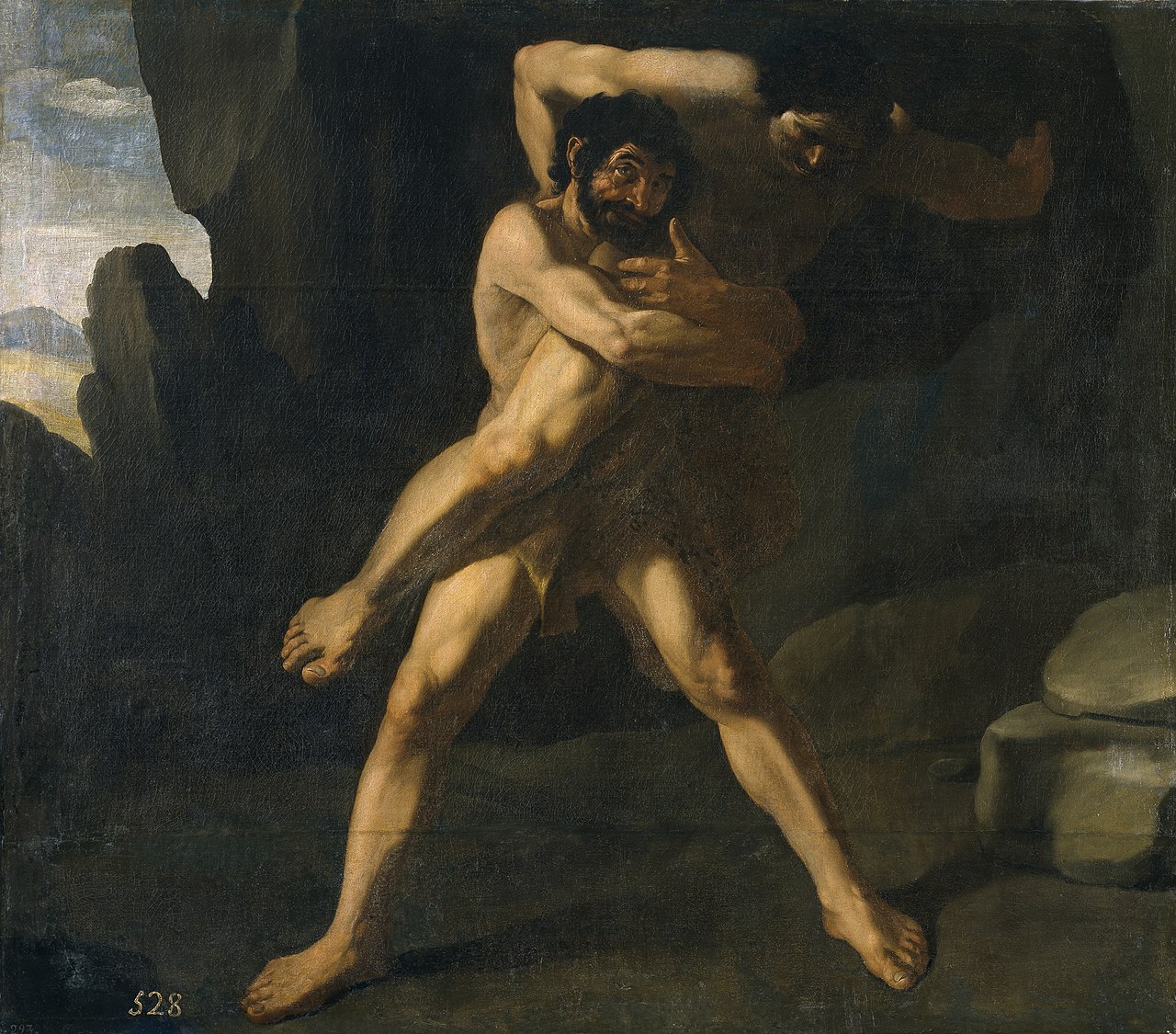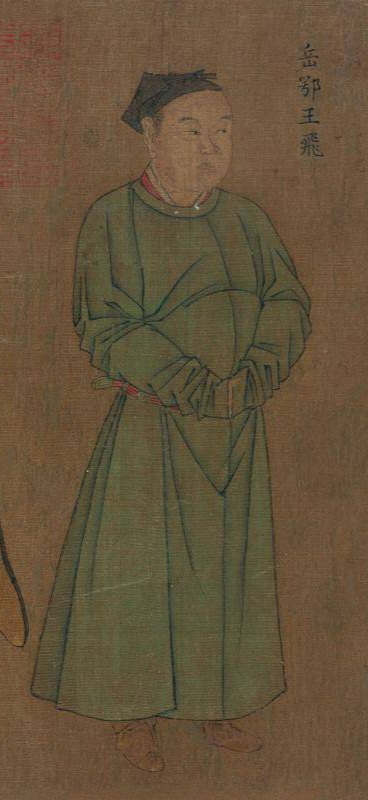Horus

Horus (/hɔːrəs/), also known as Heru, Har, Her, or Hor (/hɔːr/) in Ancient Egyptian, was one of the most significant deities in ancient Egyptian religion. He served multiple functions, most notably as the god of kingship, healing, protection, the sun, and the sky. His worship extended from late prehistoric Egypt through the Ptolemaic and Roman periods.
Egyptologists recognize different forms of Horus throughout history, treating them as distinct gods. These various manifestations emphasize certain attributes or syncretic relationships that complement rather than oppose one another, reflecting the ancient Egyptian understanding of reality's multiple facets. Horus was typically depicted as a falcon (likely a lanner or peregrine falcon) or as a man with a falcon head.
The earliest recorded form of Horus was the tutelary deity of Nekhen in Upper Egypt, the first known national god specifically connected to the ruling pharaoh. Over time, the pharaoh came to be viewed as a manifestation of Horus in life and Osiris in death. The most common family tradition describes Horus as the son of Isis and Osiris, playing a crucial role in the Osiris myth as both heir to Osiris and rival to Set (Osiris's murderer and brother).
In another tradition, Hathor appears as either his mother or sometimes his wife. The Roman author Claudius Aelianus noted that Egyptians called the god Apollo "Horus" in their language. Plutarch elaborated that this equation specifically referred to "Horus the Elder," a primordial form distinct from both the standard Horus and Harpocrates.
In Egyptian hieroglyphs, Horus was recorded as ḥr.w "Falcon" (𓅃). Linguists have reconstructed the pronunciation as /ˈħaːɾuw/ in Old Egyptian and early Middle Egyptian, /ˈħaːɾəʔ/ in later Middle Egyptian, and /ˈħoːɾ(ə)/ in Late Egyptian. The name may have carried additional meanings such as "the distant one" or "one who is above, over." As the Egyptian language evolved, the name appeared in Coptic as /hɔr/ or /ħoːɾ/ (Ϩⲱⲣ) and was adopted into ancient Greek as Ὧρος (Hō̂ros).
It survives in Late Egyptian and Coptic theophoric names like Siese ("son of Isis") and Harsiese ("Horus, Son of Isis").


